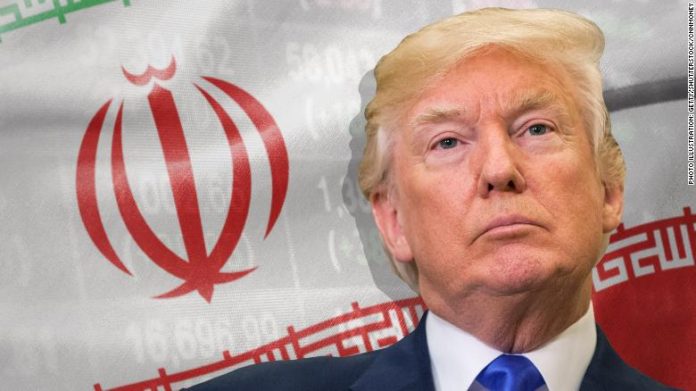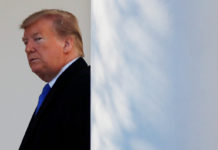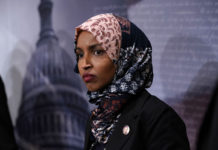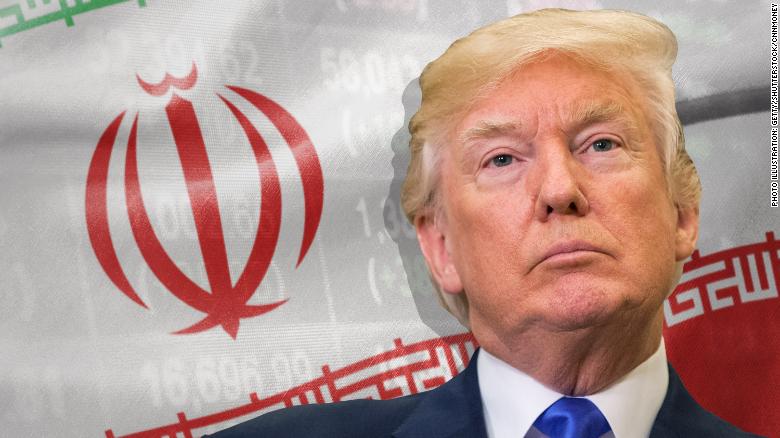
Washington (CNN)Donald Trump’s exit from the Iran nuclear deal was one of the most significant moments of his presidency — and cemented a sharp turn in decades of US foreign policy orthodoxy.
It also opened a new window into Trump’s political soul, showing his willingness to unleash the kind of chaos abroad he has fomented at home.
The decision added context to his “America First” foreign policy doctrine and showed he is adamant about following through on campaign promises that horrified America’s allies.
And it revealed two other pillars of the Trump presidency — a propensity to turn even the most crucial moments into a global televised drama, and his ravenous desire to eradicate President Barack Obama from the history books.
The most frequently heard criticism of Trump’s decision was that he was pulling out of the deal without offering a plan for what will happen next.
“No one has any clue on the day after. There is no strategy,” a senior European diplomat told CNN’s Michelle Kosinski, describing the State Department as “a shambles.”
But if anyone is shocked, they have missed Trump rolling the dice over the last 16 months.
The President fires people before he finds replacements, makes up policy on the fly, decided to meet North Korean leader Kim Jong Un seemingly on a whim, and slashed away at Obamacare without offering a replacement.
He follows his gut, doesn’t sweat the details and thinks he’s his own best adviser. He breaks things and sees where the pieces land.
His response when asked how dangerous global crises will end is “we’ll see” — an attitude that reflects his unpredictable nature and often misplaced confidence he can control careening events.
So what Trump did Tuesday should have come as no surprise. Pulling out of an Iranian nuclear deal without knowing how Tehran or America’s allies will react or if global tensions will spike or if oil prices will surge is consistent with who Trump is.
His team could not say what they would do if Iran resumed enriching uranium or if there was a schism in the transatlantic relationship.
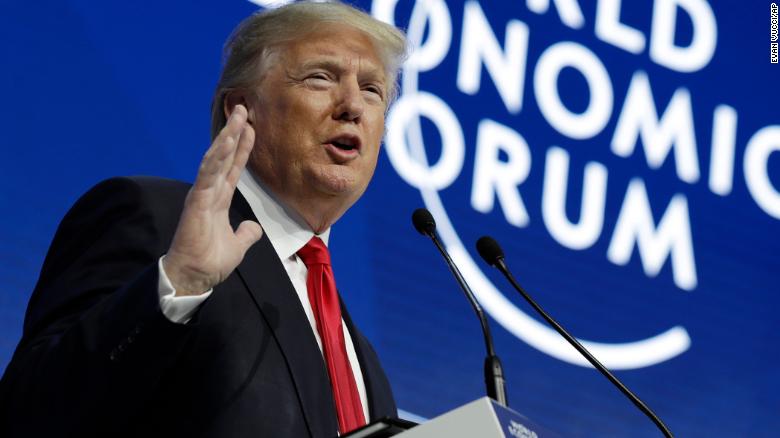
In Davos in January, Trump said that “America First does not mean America alone.” That is no longer a credible statement.
Trump surely lost no sleep by unilaterally violating an international nuclear agreement endorsed by the UN Security Council — the chance to go it alone was likely a selling point.
To purge his antipathy to the deal, Trump split with America’s European allies, France, Britain and Germany, leaders of which had all but begged him to stay in.
It was a sign that traditional alliances are less important to Trump than to any President of the post-World War II era, and shows that loyalty to friends, as in his personal and political life, cuts only one way. After all, only two weeks ago he was kissing and holding hands with Emmanuel Macron during the French President’s charm offensive.
Trump’s administration is already trying to bully allies: new ambassador to Germany…

